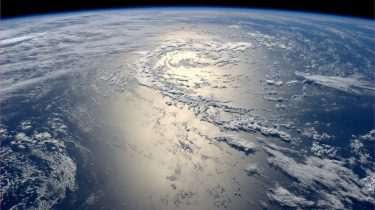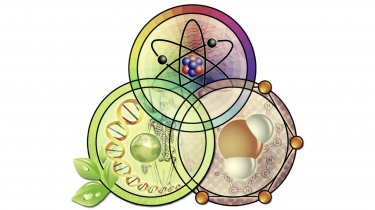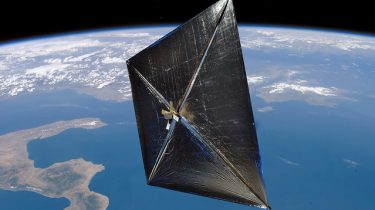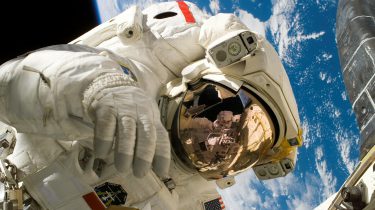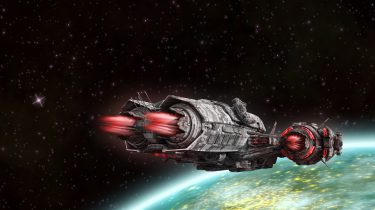A vault of knowledge: the weirdest and least studied cellular structure
by Tym Sokolskyi If asked to list cellular organelles, many people will name mitochondria, ribosomes, the nucleus, or maybe chloroplasts or the Golgi apparatus – things they teach about in schools (though many people might not even remember learning about those). It seems perhaps that the age of breakthroughs in cytology is long gone, however, as many studies keep pointing out, we still do not know all that much about many of the diverse forms floating in our cytoplasm. One […]
Read more

